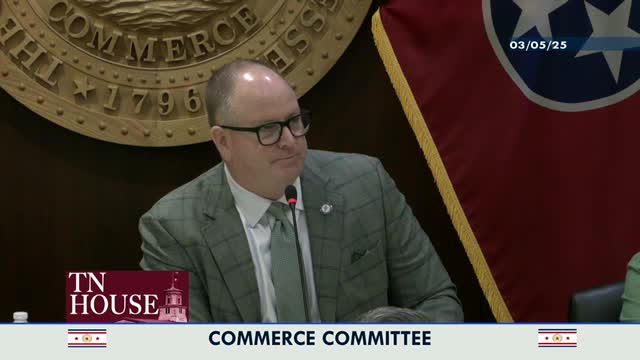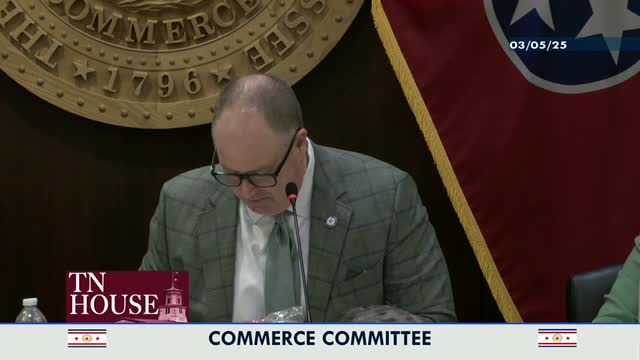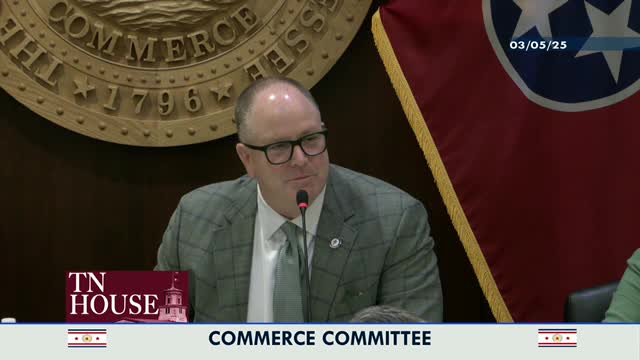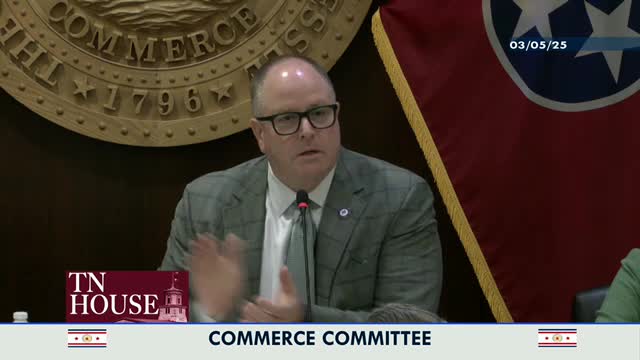Article not found
This article is no longer available. But don't worry—we've gathered other articles that discuss the same topic.

Votes at a glance: House Commerce Committee (March 1) — key committee actions and tallies

Committee rolls Paystub Protection Act after members seek clarifications on scope and enforcement

Committee advances bill letting condo developers use up to 10% of buyers’ deposits for construction, with surety protections

